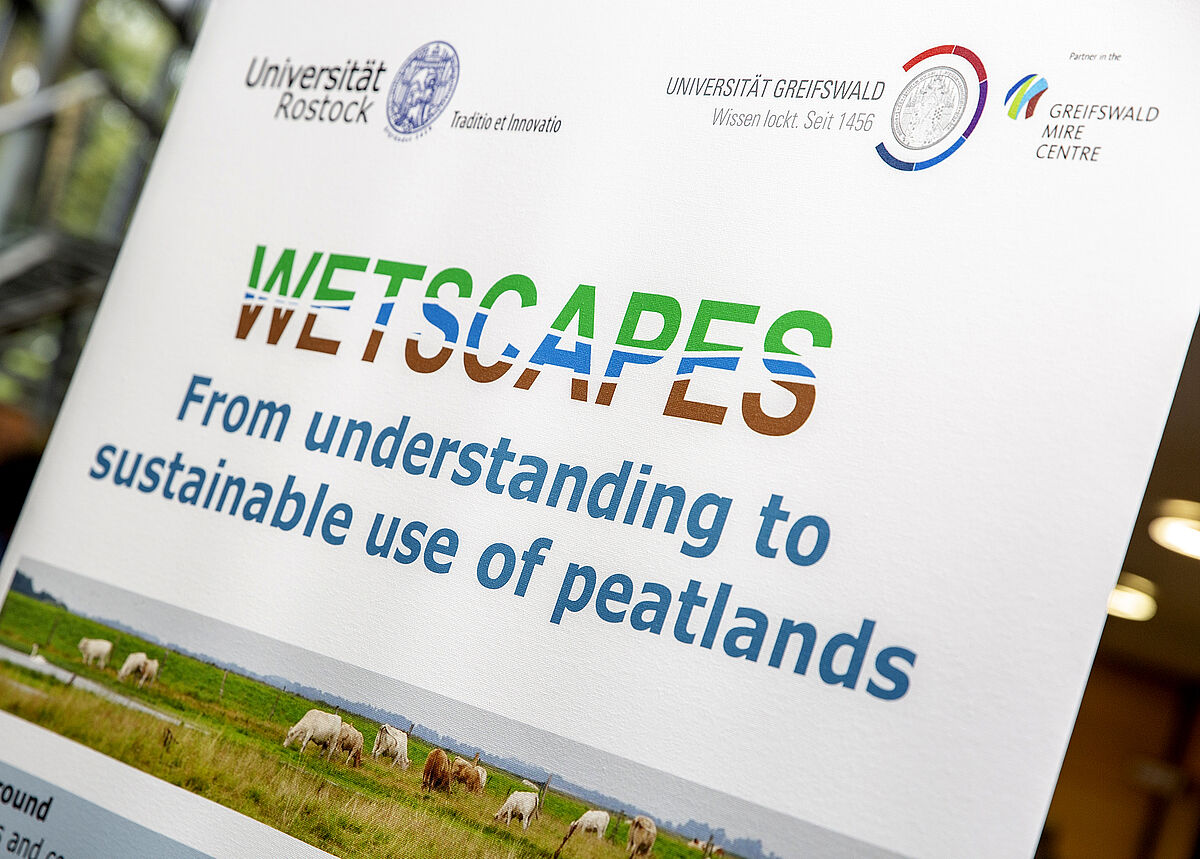June 2021: Start of the project “TriSick”
[Translate to English:]
The professorships of Crop Health, Soil Science, and Grassland and Fodder Sciences have successfully acquired the joint project "TriSick" within the framework of the protein crop strategy of the Federal Ministry of Food and Agriculture and are now starting the three-year project phase with three female doctoral students.
The project, coordinated by the advisory society of the organic farming association "Naturland", is concerned with research into the complex of causes of so-called "clover fatigue". A phenomenon whereby clover and alfalfa stands lose vitality and performance after repeated cultivation and can no longer adequately fulfil their important functions as ecological nitrogen collectors, protein suppliers for livestock and guarantors of good soil fertility. In order to be able to counteract this in a targeted manner, it is first necessary to have sound knowledge of the complex biotic and abiotic causes underlying this decline in performance. The aim of the project is to identify these by means of an integrated approach and, in addition, to develop possibilities for their control in the sense of a resource and environmentally friendly, sustainable clover cultivation. The professorship of Grassland and Fodder Sciences focuses on abiotic factors.
November 2019: DFG-Research group DASIM starts phase II
Agricultural soils are the most important source of anthropogenic nitrous oxide emissions. The main objective of the DASIM research group, which is funded by the German Research Foundation, is to predict denitrification at different scales and in response to different conditions. To this end, our subproject compared and then applied different isotopic methods that can distinguish nitrous oxide sources in soil during the first project phase of three years to investigate spatially distinct production of nitrous oxide ('hot spots') in incubation experiments. In the second phase II of the DASIM project, labelling experiments will be carried out on undisturbed grassland for the first time, thereby integrating effects due to plant interactions and natural soil properties.
September 2019: Rewetting of peatlands - International conference at the University of Rostock
From 10 to 13 September 2019, more than 150 scientists from Germany and abroad will discuss the rewetting of drained peatlands at the international "WETSCAPES Conference" at the University of Rostock. Complete press release (in German) here.
May 2019: New project started on the influence of microplastics on grassland stocks
The occurrence and effects of microplastics are among the highly topical, anthropogenically caused environmental problems. Reliable information on the quantities and dynamics of plastic fragments is not yet sufficiently available and is the subject of current research projects. There is a particular lack of well-founded knowledge on the effects of microplastics in agriculture and in particular on grassland stocks. For this reason, M.Sc. Hanna Schmidt's doctoral thesis will investigate the concrete influences that microplastics can have on different types of grassland.
The simulation of microplastics is carried out by microfragments of different polymers, which are first examined in germ and vessel experiments with different plant species.

